Global Affairs Canada is the department of the Government of Canada that manages Canada's diplomatic and consular relations, promotes Canadian international trade, and leads Canada's international development and humanitarian assistance. It is also responsible for maintaining Canadian government offices abroad with diplomatic and consular status on behalf of all government departments.
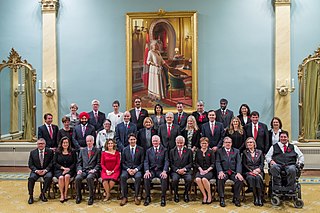
The Cabinet of Canada is a body of ministers of the Crown that, along with the Canadian monarch, and within the tenets of the Westminster system, forms the government of Canada. Chaired by the prime minister, the Cabinet is a committee of the King's Privy Council for Canada and the senior echelon of the Ministry, the membership of the Cabinet and Ministry often being co-terminal; as of November 2015 there were no members of the latter who were not also members of the former.
Minister of labour or labor is typically a cabinet-level position with portfolio responsibility for setting national labour standards, labour dispute mechanisms, employment, workforce participation, training and social security.
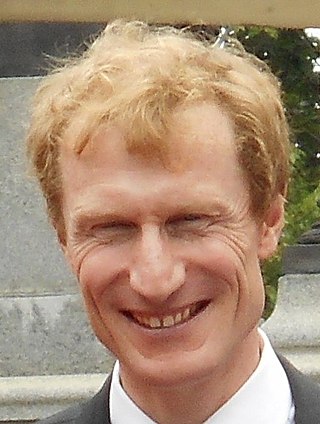
The minister of immigration, refugees and citizenship is a minister of the Crown in the Canadian Cabinet. The minister is responsible for Immigration, Refugees and Citizenship Canada, which is the federal department responsible for immigration, refugee and citizenship issues in Canada.
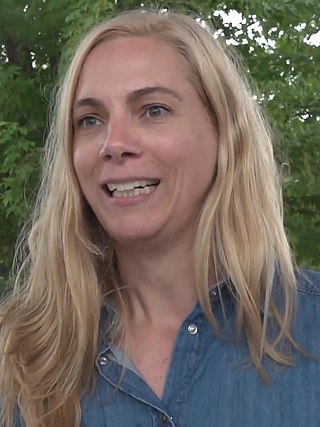
The minister of Canadian heritage is the minister of the Crown who heads Canadian Heritage, the department of the Government of Canada responsible for culture, media, sports, and the arts.
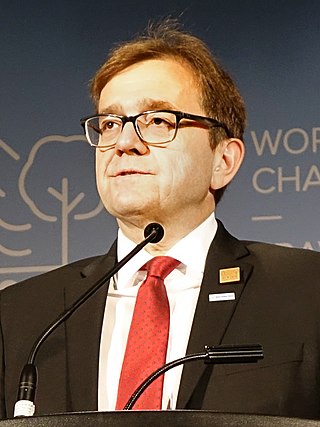
The minister of energy and natural resources is the minister of the Crown in the Canadian Cabinet who is responsible for Natural Resources Canada (NRCan).
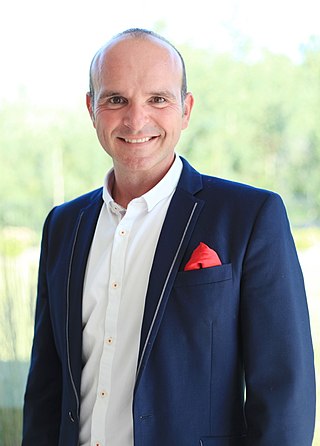
The minister of Employment, Workforce Development and Official Languages is the minister of the Crown in the Canadian Cabinet who is responsible for Employment and Social Development Canada, the Government of Canada department that oversees programs such as employment insurance, the Canada pension plan, old age security, and Canada student loans.
In Canada from 1993 to 2003 and again from 2007 to 2008, secretary of state was a title given to junior ministers of state in the Government of Canada that sat outside Cabinet. Because it was a position that was assigned to assist Cabinet ministers, a secretary of state was legally a minister of state; the distinction is that, unlike a minister, a secretary is not a full cabinet portfolio itself and thus not considered a member of Cabinet. (They were hence considered junior to ministers of state.) The Secretary of State (Training and Youth), for instance, would assist the Minister for Human Resources and Development. This usage is opposite to that in the United Kingdom, where junior ministers generally report to more senior secretaries of state. Secretaries of state were, however, members of the ministry and the Queen's Privy Council for Canada.
Employment and Social Development Canada is a department of the Government of Canada responsible for social programs and the labour market at the federal level. The department delivers a number of federal government programs and services including Employment Insurance (EI), Service Canada centres, Canada Student Loan Program (CSLP), Canada Pension Plan (CPP), issuing social insurance numbers (SIN) and the federal Labour Program among other things.
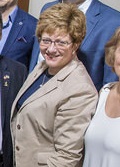
Diane Finley is a former Canadian politician. From 2006 through 2015, she served in the cabinet of Prime Minister Stephen Harper. Her ministerial portfolios included Minister of Human Resources and Skills Development, Minister of Public Works and Government Services, Minister Responsible for Canada Mortgage and Housing Corporation, or CMHC, and Minister of Citizenship and Immigration. She was a member of the House of Commons of Canada, representing the riding of Haldimand—Norfolk for the Conservative Party from 2004 to 2021. In August 2020, she announced that she would not be running in the 2021 Canadian federal election. She resigned from office on May 11, 2021.
The Provincial Secretary and Registrar of Ontario was a senior position in the provincial cabinet of Ontario from before Canadian Confederation until the 1960s.

The Department of Health and Aged Care (DHAC), formerly the Department of Health, is a department of the Australian Government responsible for health research, funding, promotion and regulation in Australia. Primary health care and aged care services are overseen by DHAC, while tertiary health services are administered by state and territory governments. The department is responsible for programs such as Medicare, the Pharmaceutical Benefits Scheme, and agencies such as the Therapeutic Goods Administration and the National Health and Medical Research Council.
Melvin Percy Joseph Cardinal was a Canadian politician from Alberta. He served as a member of the Legislative Assembly of Alberta from 1989 until 2008 as a Progressive Conservative representing the electoral districts of Athabasca-Lac La Biche, Athabasca-Wabasca, and Athabasca-Redwater. Cardinal was the first status Indian to hold a position in Executive Council in Alberta, serving in the cabinet of Premier Ralph Klein as the Minister of Family and Social Services (1992−1996), Minister of Sustainable Resource Development (2000−2004), and Minister of Human Resources and Employment (2004–2006).
The National Council of Welfare (NCW) was a Canadian arm's length advisory body to the federal Minister of Human Resources and Skills Development on poverty and the realities of low-income Canadians.

The Minister for Immigration, Citizenship and Multicultural Affairs is a ministerial post of the Australian Government and is currently held by Andrew Giles, pending the swearing in of the full Albanese ministry on 1 June 2022, following the Australian federal election in 2022.
The position of Minister of Mines and Resources was a cabinet portfolio in Canada from 1936 to 1950. The mines portfolio had previously been that of the Minister of Mines, which was a portfolio adjunct to other ministries such as Inland Revenue and Indian Affairs.
Manitoba Advanced Education and Training is the department of the Government of Manitoba responsible for supporting adult learning, post-secondary education, and vocational training in Manitoba.

The minister of families, children and social development(French: ministre de la famille, des enfants et du développement social) is a minister of the Crown in the Cabinet of Canada. The associated department is Employment and Social Development Canada.
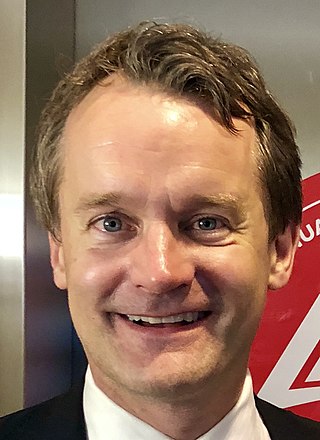
The minister of Labour is the minister of the Crown in the Canadian Cabinet who is responsible for the labour portfolio of Employment and Social Development Canada. From 2015 to 2019, the portfolio was included in that of the Minister of Employment, Workforce Development and Labour, but was split in 2019 during the government of Justin Trudeau.









